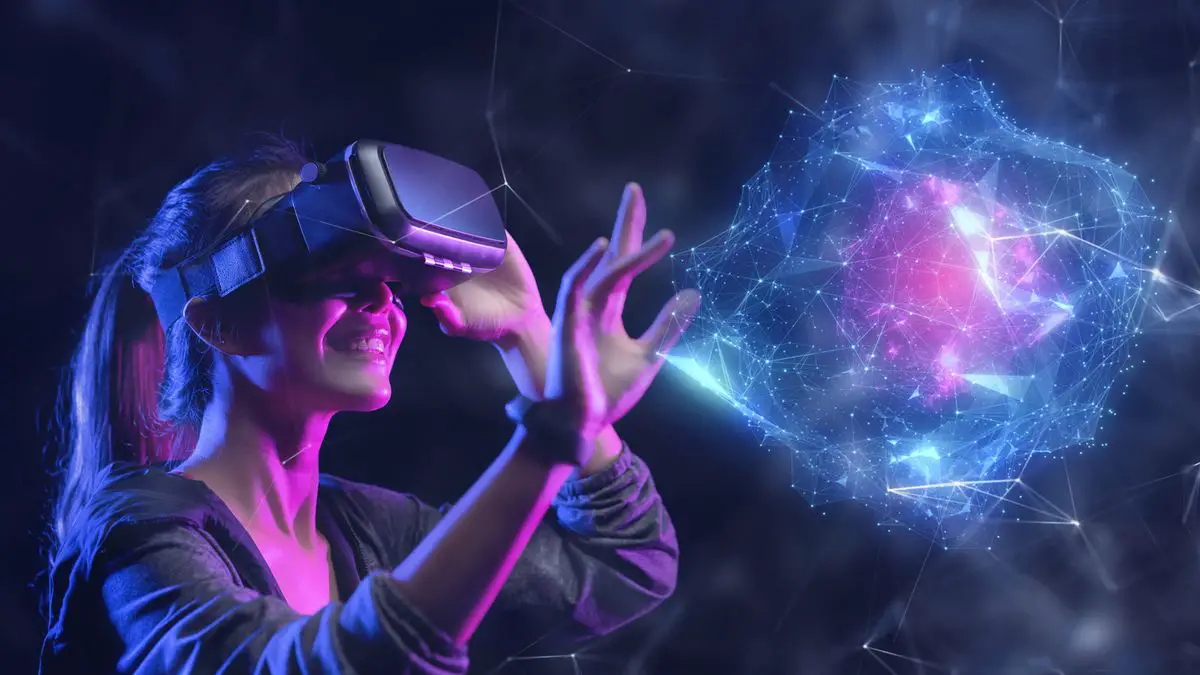
Virtual Reality (VR) technology has swiftly moved beyond gaming and entertainment, becoming a crucial tool in scientific research and development. This transformative technology is offering researchers new ways to visualize, interact, and experiment with complex data and environments.
Transforming Drug Discovery
At the University of Glasgow, researchers are leveraging VR to accelerate the discovery of new pharmaceuticals. The Chemify spin-out has successfully raised significant funding to support its mission of using VR to design and test new drug molecules more efficiently. By simulating and manipulating molecular structures in a virtual environment, scientists can quickly evaluate billions of molecular interactions, streamlining the path to groundbreaking treatments.
Cognitive Research Through VR
Neuroscientists at the Swiss Federal Institute of Technology in Lausanne are exploring VR’s potential to enhance our understanding of the human brain. By using VR to simulate out-of-body experiences and manipulate the perception of one’s own body, researchers can study neurological disorders and cognitive processes with unprecedented detail. This could lead to improved treatments and therapeutic strategies for various mental and neurological conditions.
Advancements in VR Technology
Recent technological advancements in VR are further broadening its applications in research. Foveated rendering, for instance, optimizes the VR experience by focusing processing power on where the user’s gaze is directed, thus saving energy and enhancing performance. Moreover, the integration of hand and body tracking technologies allows for more natural interactions within the VR space, which is crucial for creating realistic training and research simulations.
VR in Education and Professional Training
The integration of VR into educational settings and professional training programs is proving to be another beneficial application. VR offers a safe and controlled environment for training in high-risk fields such as medicine and aviation. For example, medical students can practice surgical procedures or diagnose patient cases in a risk-free virtual setting, thereby enhancing learning outcomes and preparedness.
Overcoming Challenges
Despite its potential, the adoption of VR in research faces challenges. Issues such as the high costs of VR equipment, the need for substantial computational power, and the physical discomfort some users experience during extended use are significant barriers. Additionally, developing intuitive VR software that can be easily used by researchers without extensive programming knowledge remains a hurdle.
The Future of VR in Research
As VR technology continues to evolve, its impact on scientific research is expected to grow. Future developments in VR hardware and software are anticipated to address current limitations, making the technology more accessible and effective for all researchers. With ongoing advancements, VR is set to redefine the possibilities within scientific exploration and collaboration.
VR technology is not just shaping the future of gaming and entertainment; it’s setting the stage for a revolution in scientific research. By breaking down traditional barriers to simulation, visualization, and collaboration, VR is enabling researchers around the world to solve some of the most complex and pressing scientific challenges. As we continue to witness and contribute to these developments, it is clear that VR will play a pivotal role in the future of scientific discovery.


















